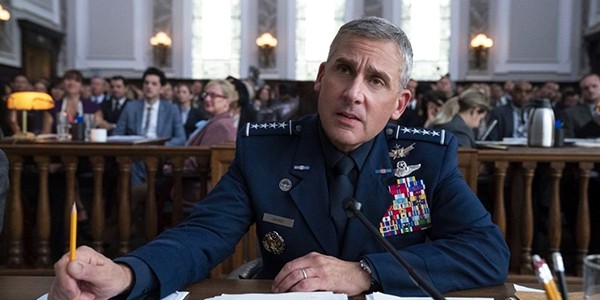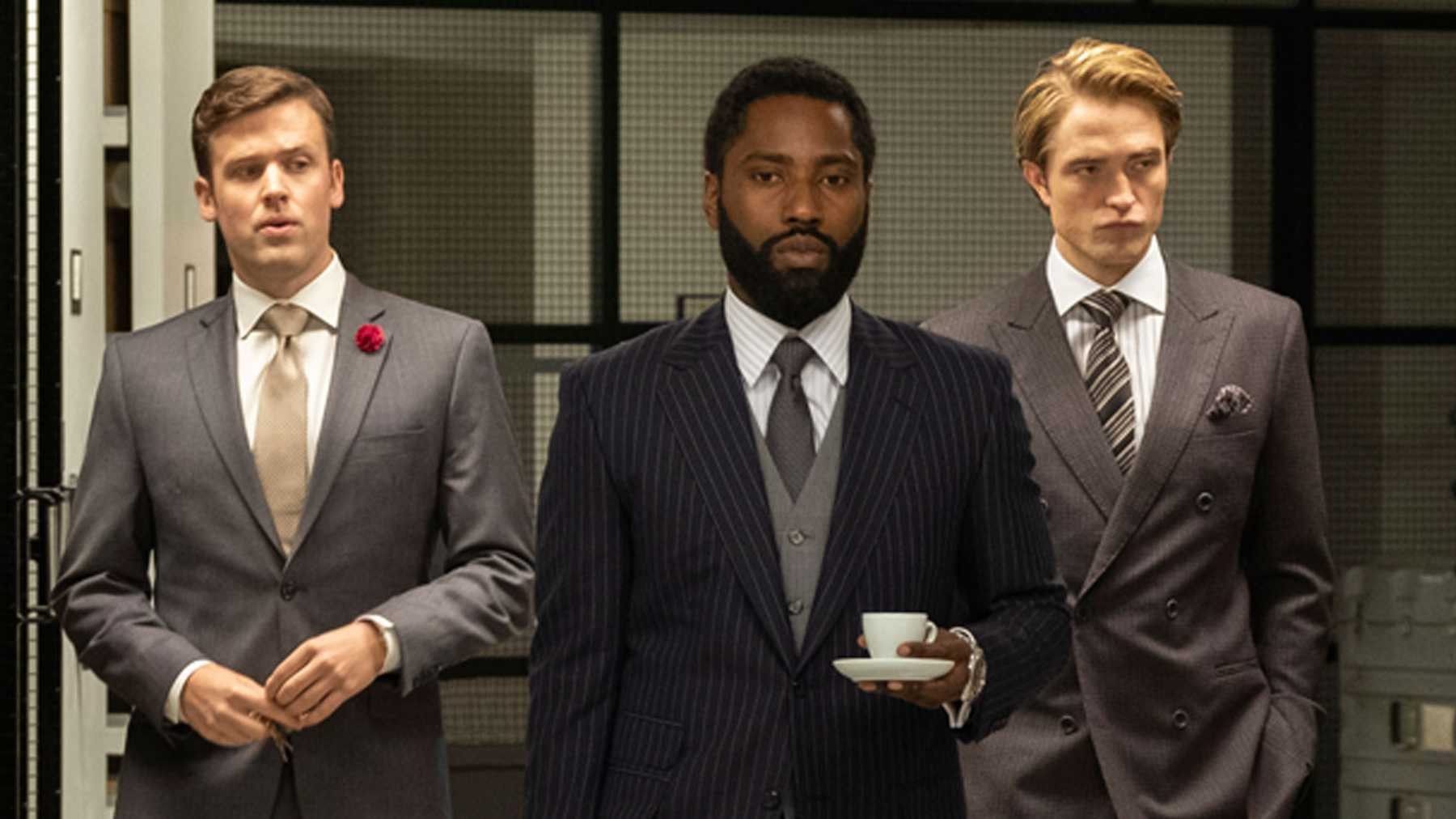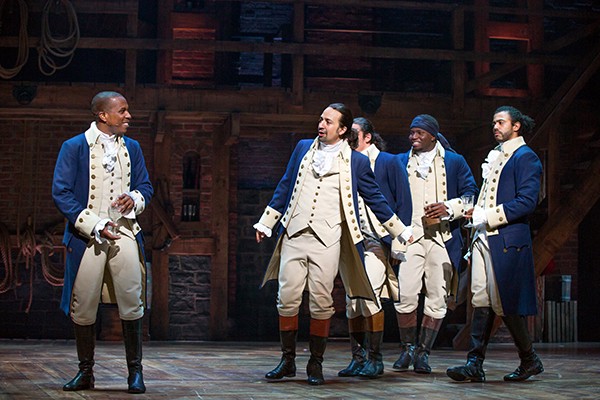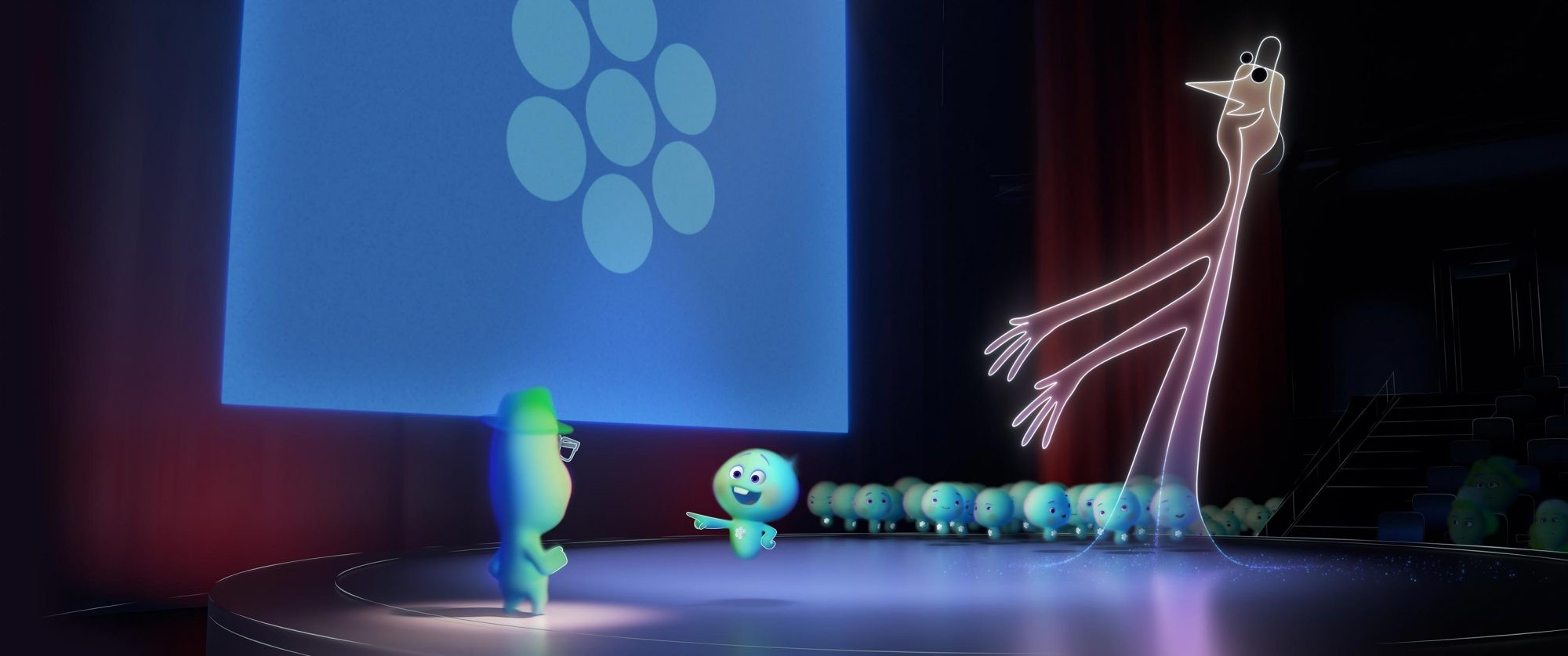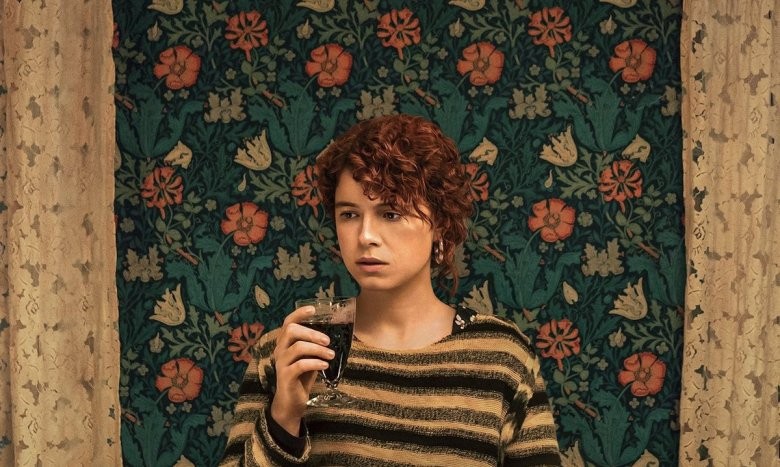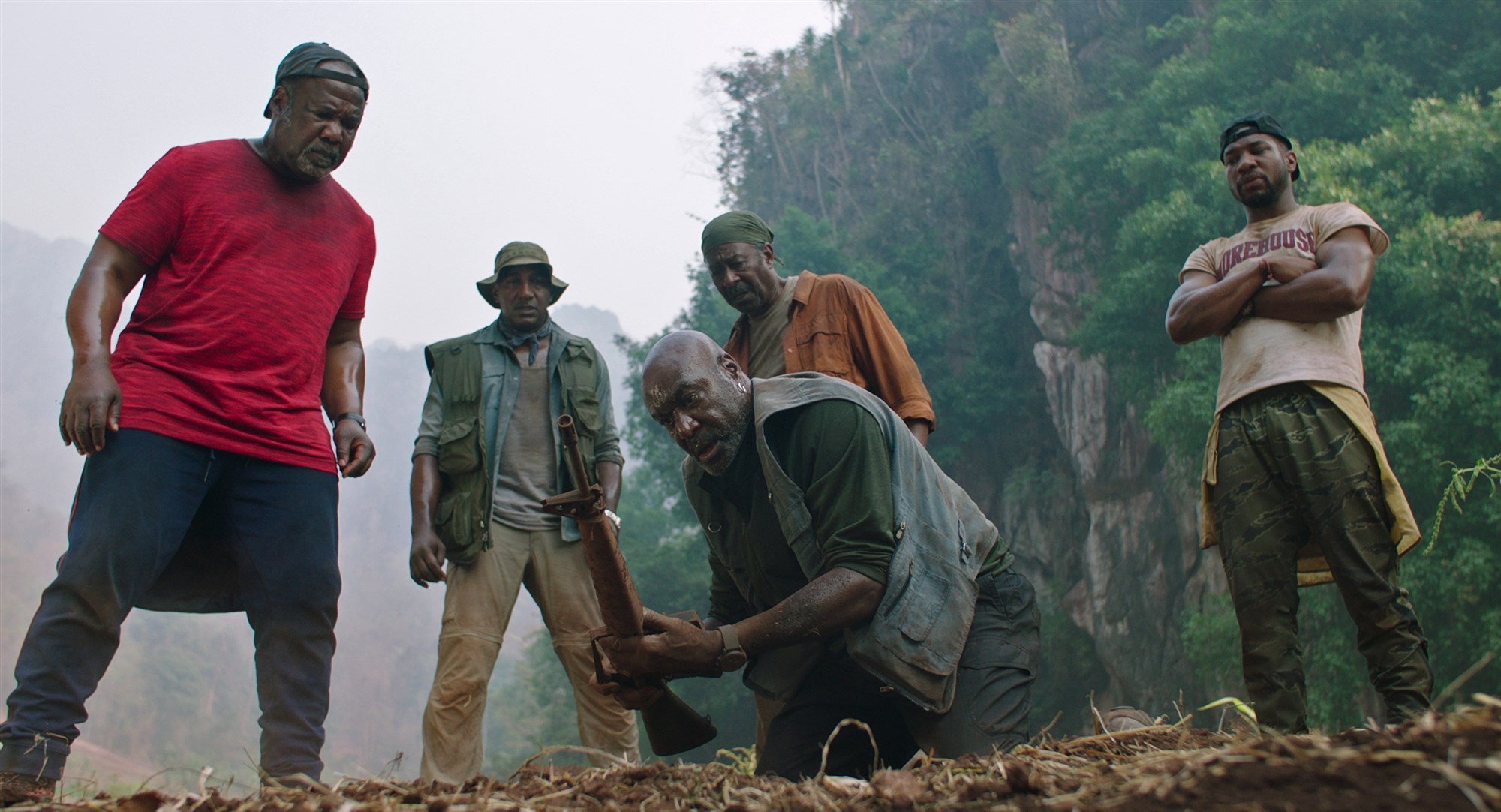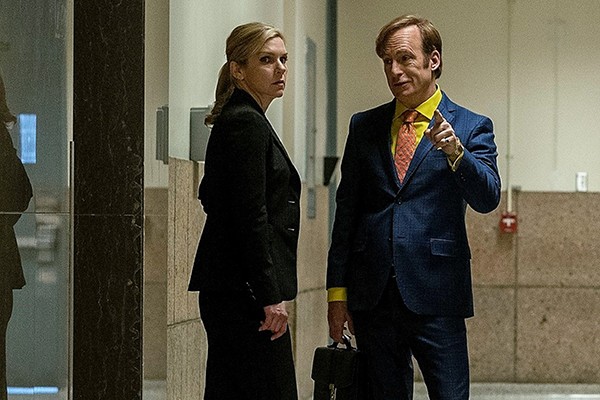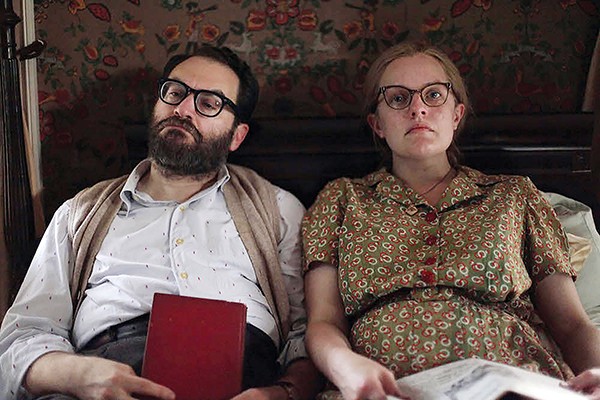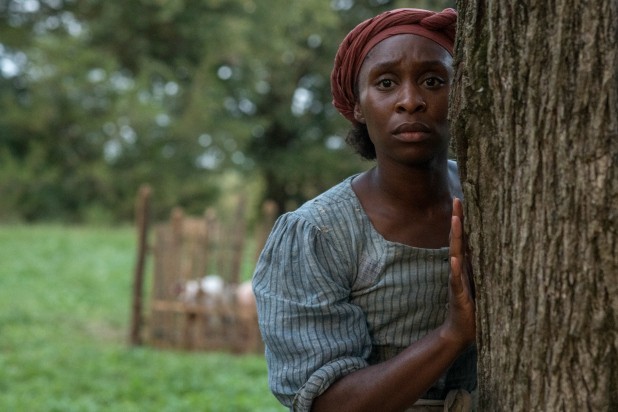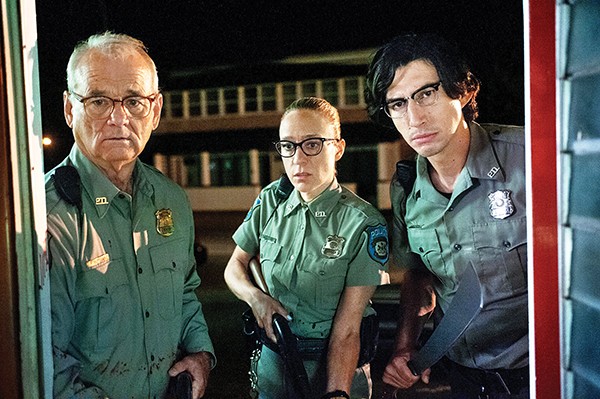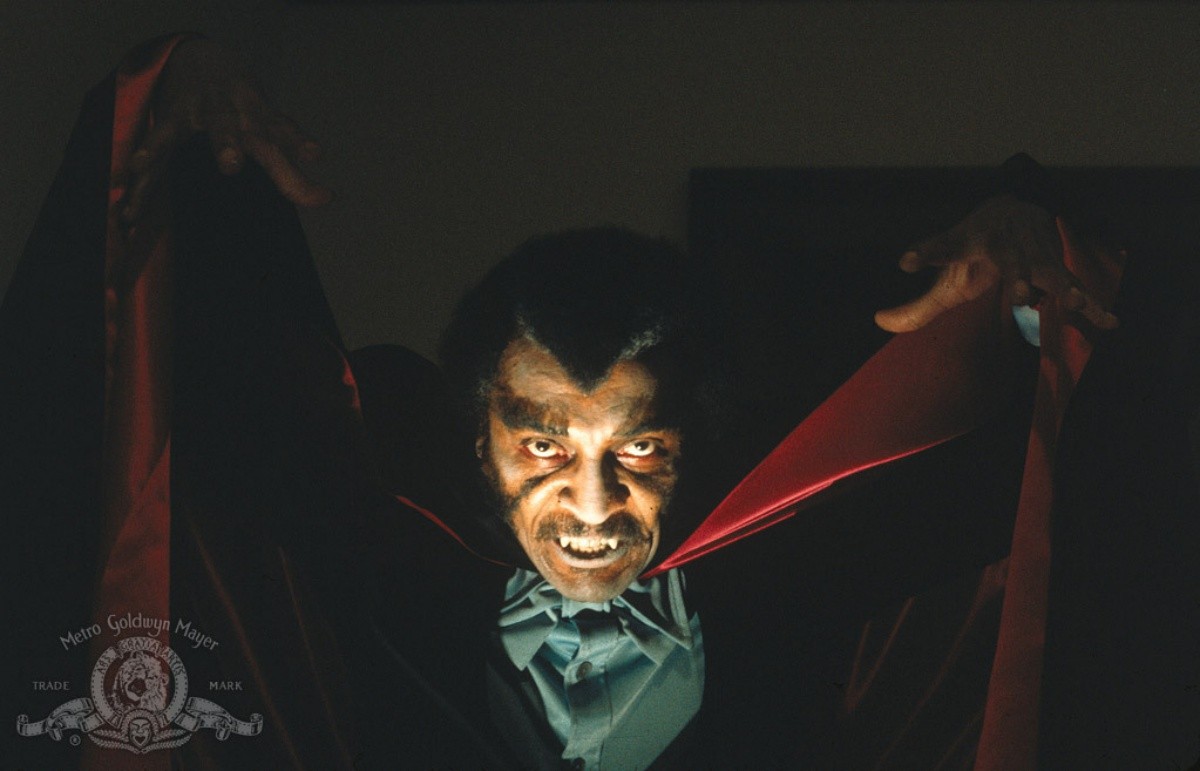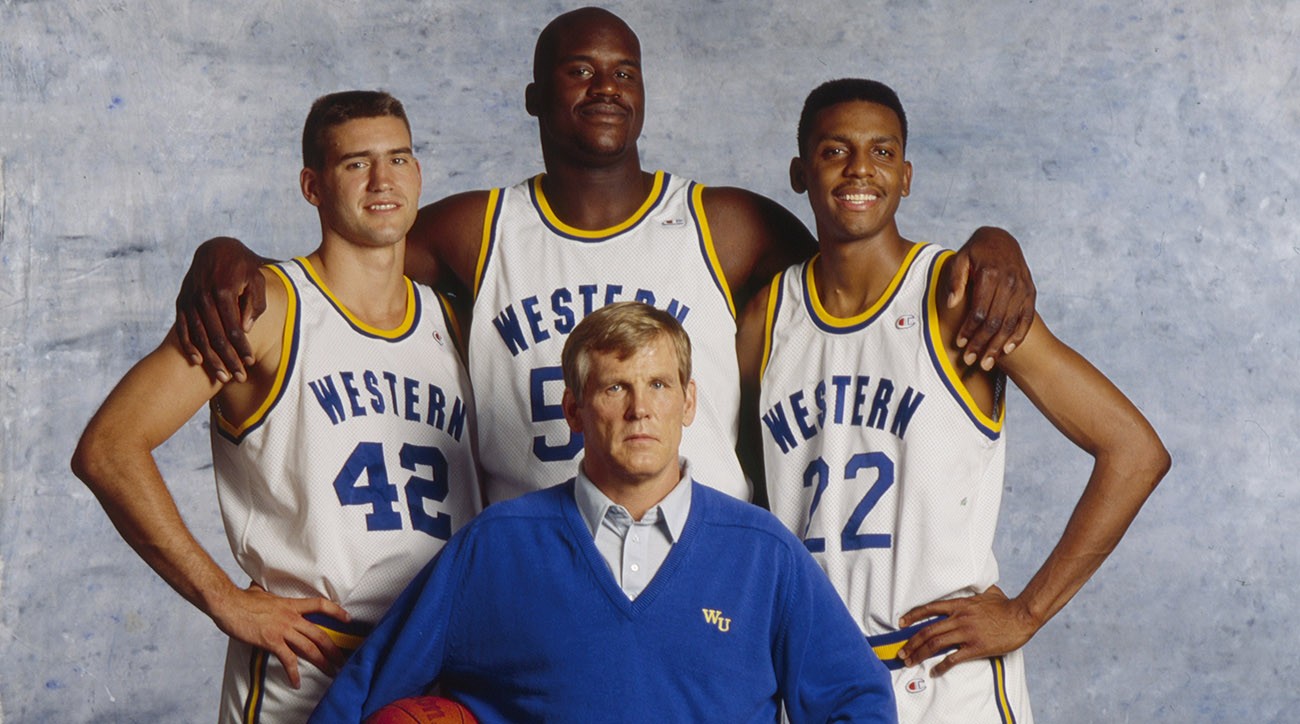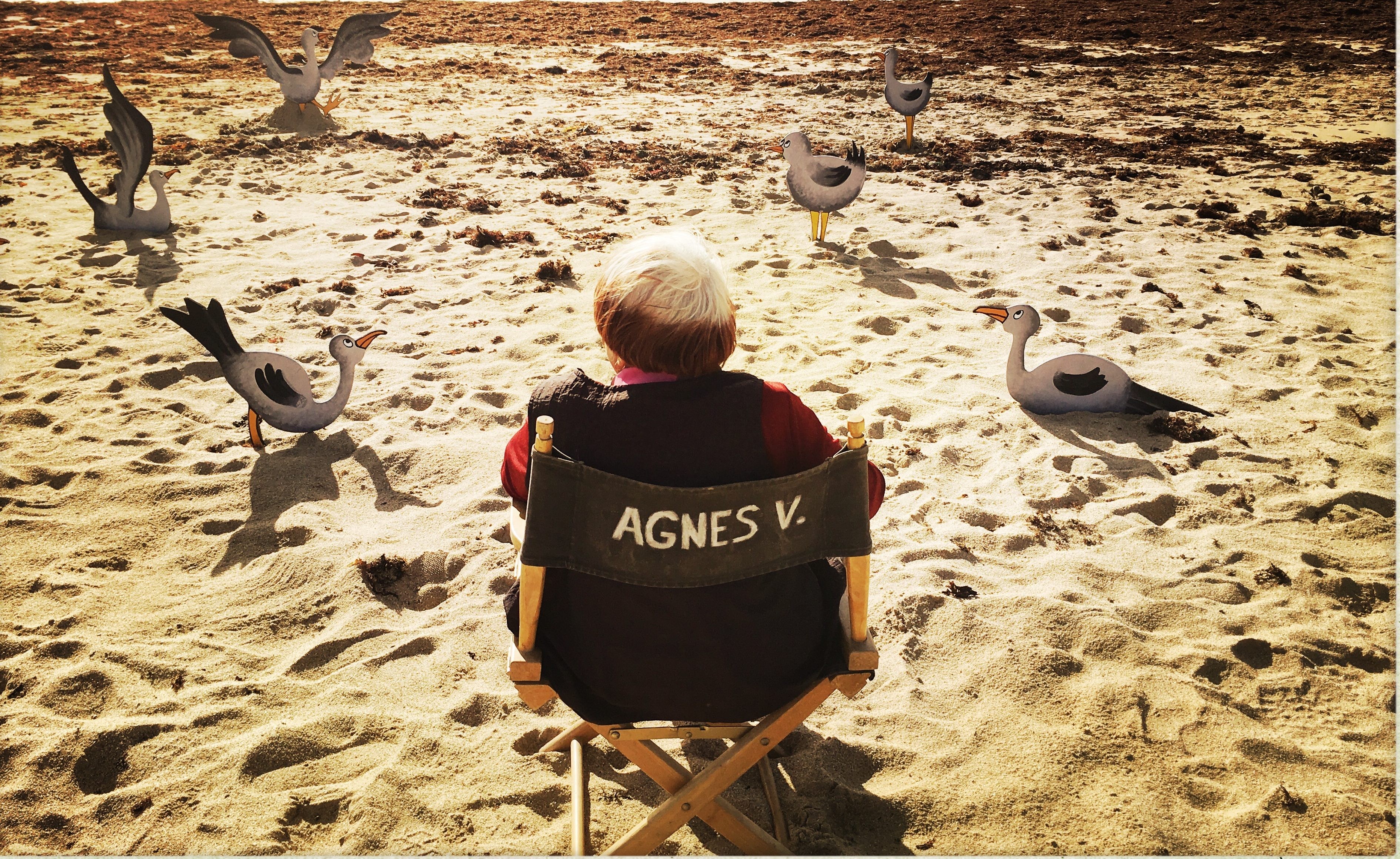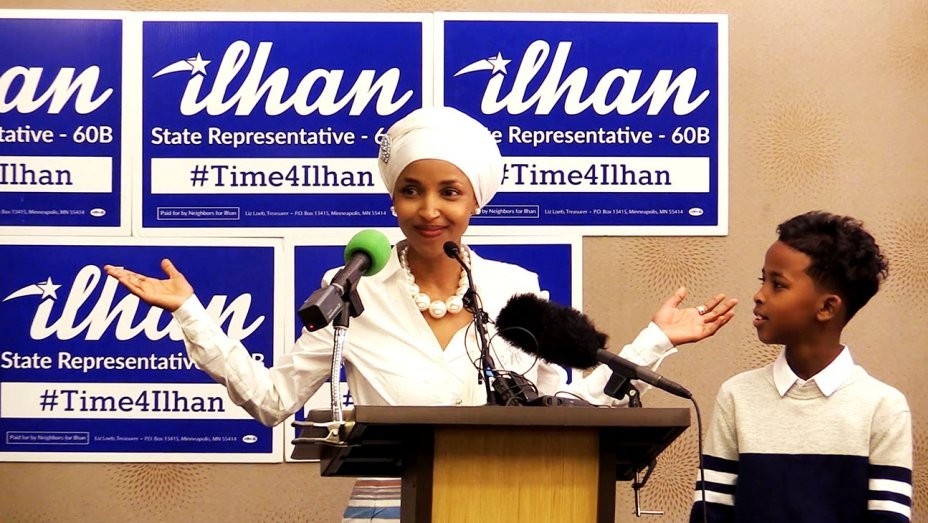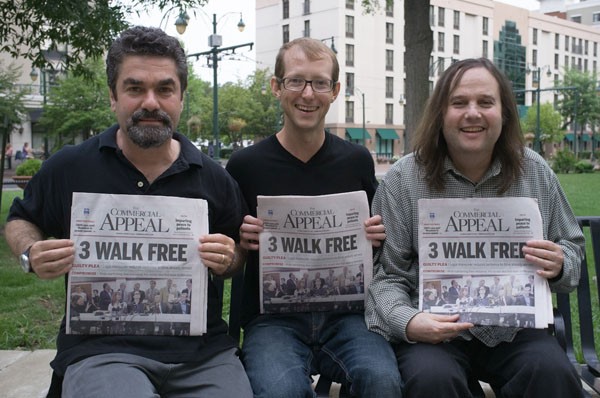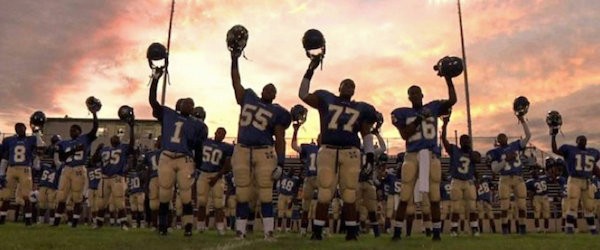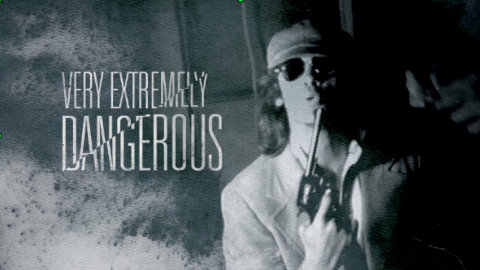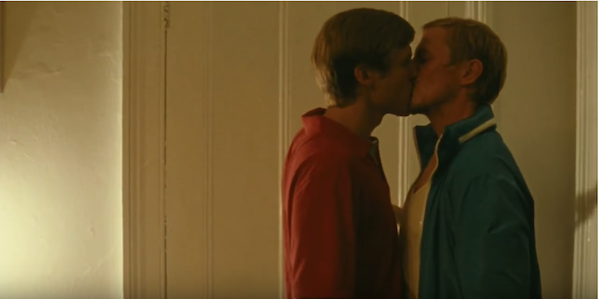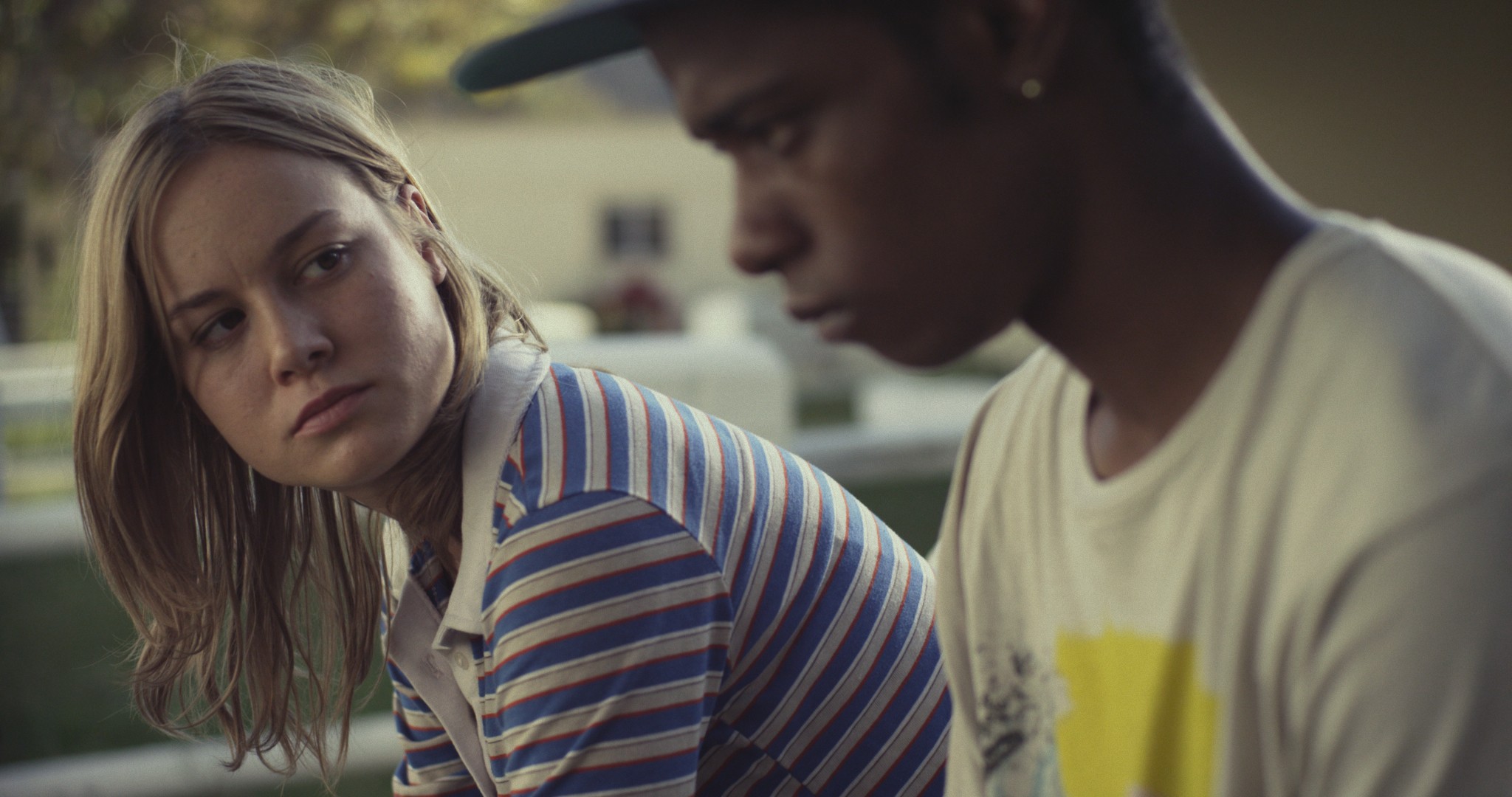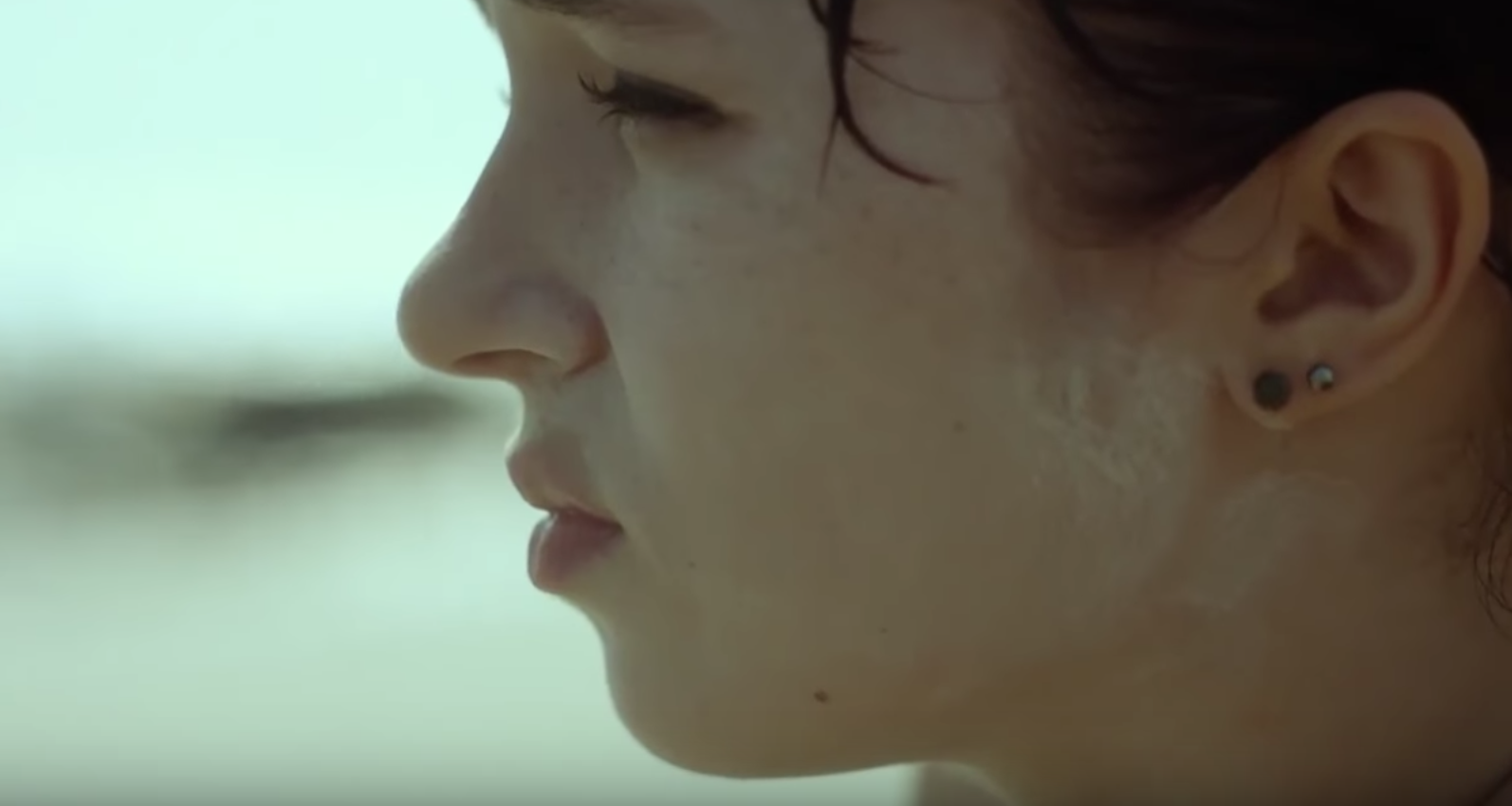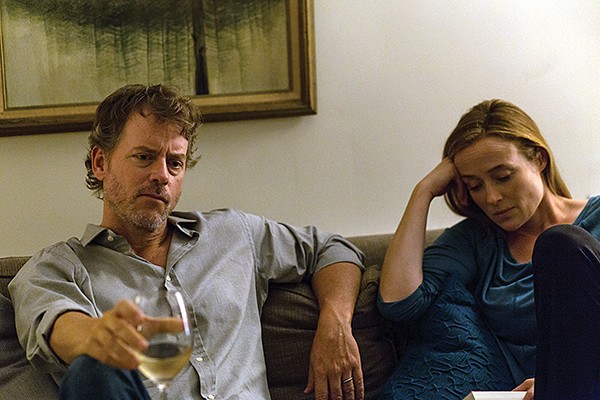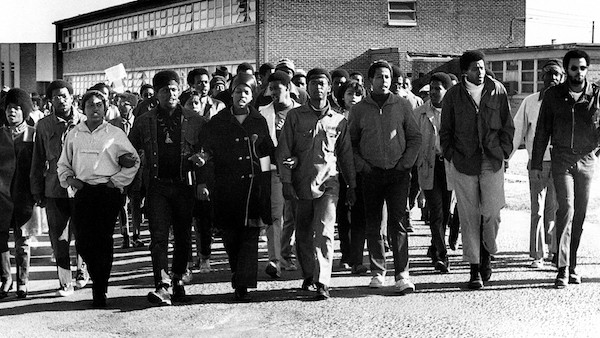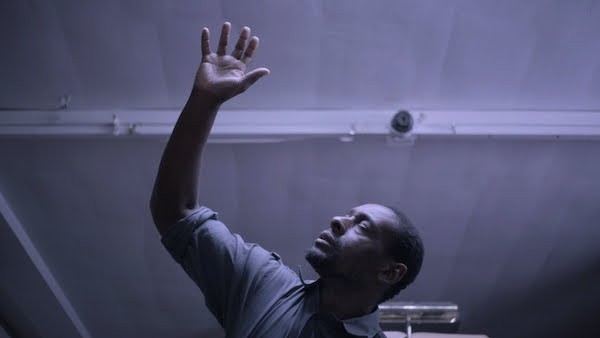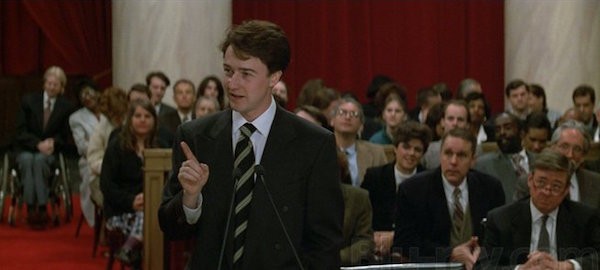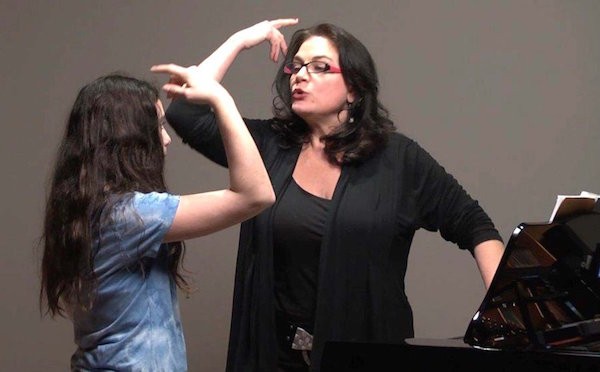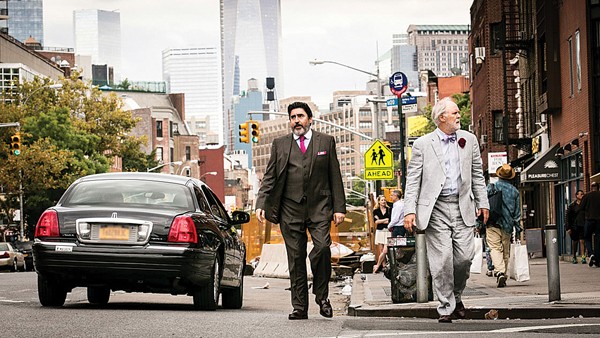The 23rd edition of the Indie Memphis Film Festival will be like no other. Like most activities that rely on bringing groups of people together, theatrical film screenings were brought to a screeching halt in mid-March by the coronavirus pandemic. The shutdown came at a particularly bad time for Indie Memphis. In recent years, the nonprofit has expanded from throwing an annual celebration of the art of cinema to offering year-round programming. That led to a deal with Malco Theatres to take over a screen at Studio on the Square, where Indie Memphis could showcase the eclectic collection of independent, art house, international, and just plain weird films they have been bringing to the Bluff City since 1998.
“We were set for an April opening,” says Indie Memphis executive director Ryan Watt. “Malco had just put in the new seats a week before everything started shutting down.”
Mississippi’s Oxford Film Festival was one of the first of the thousands of festivals worldwide that had to unexpectedly figure out how to carry on in the new environment. Eventive, a Memphis-based cinema services company, stepped into the breach. Eventive, which was originally founded to overhaul Indie Memphis’ ticketing system, developed a new system that allowed festivals to present their programming online, and Oxford became the test case.

Watt and Indie Memphis artistic director Miriam Bale were watching closely. “I have so much sympathy for people like Melanie [Addington] at Oxford, who were out front. We did have the advantage of learning from them. But the other thing that was always a challenge was planning things out in advance. You’re thinking not ‘What do people need right now?’ but ‘What are people going to need and want in October?’ This has been both the longest and the shortest seven months ever. There’s new crises every week, every month. I think it’s been really hard mentally on everyone and really hard economically.”
Failure was not an option. “We made the decision early on: We’re not going to cancel,” says Bale. “We saw a lot of film festivals canceled. We were just gonna exist in whatever form we could.”
But would there even be films to show? Indie Memphis typically gets thousands of entries every year, but the pandemic hit just as many filmmakers would be finishing up their projects. Watt says submissions were down, but ultimately, the creative community came through. “I was very pleasantly surprised, considering there was basically no production from March on — aside from some intimate projects that people could do at their house.”
The plan that took shape over the long, chaotic summer was to mount what Watt calls an “online and outdoor” festival. During the festival, which runs October 21-29, all of the narrative features, documentaries, shorts, experimental films, and music videos will be available online through Eventive. Memphis audiences are invited to outdoor, socially distanced screenings at venues such as the Malco Summer Drive-In, the Levitt Shell, and The Grove at Germantown Performing Arts Center, as well as pop-up screenings at Shelby Farms, the riverfront, and the Stax Museum.
As things were coming together, the Indie Memphis crew got another shock. Watt, who took over as executive director in 2015, announced his intention to resign at the end of the year.
“It’s really bittersweet,” says Brighid Wheeler, senior programmer and director of operations. “There was a point a few years ago when it was just me and Ryan sitting in the office, scrambling to put a program together, not knowing the future of Indie Memphis. In the following years, what he has done — between the amazing team he’s assembled, incredible board of directors, etc. — is nothing short of incredible, and a true testament to what leadership looks like. His leadership has given Memphis and our filmmaking community what it has always needed and deserves: a place to grow, thrive, and create in the city we love so dearly.”
Under Watt’s leadership, Indie Memphis has grown from a cozy local festival to an industry leader. In 2019, the festival attracted more than 12,000 ticket buyers, and the organization’s revenue topped $800,000. He oversaw the expansion of artist development programs, including the Youth Film Festival and the Indie Grants program. Under his watch, Indie Memphis mounted a major push to increase diversity among both the filmmakers and the audience, with programs such as the Black Creator’s Forum. In a film industry historically dominated by white men, Indie Memphis 2020 stands out with 43 percent of features directed by women and 50 percent directed by people of color.
“Ryan is such a good executive director because he approaches it like a creative producer,” Bale says. “He knows what needs to be done. But even more than that, he loves recognizing the vision of people, whether it’s local filmmakers or all of his staff. He is so good at letting us all shine. … He’s so empathetic, and sees who people are and how they can best shine. And it’s really incredibly rare in this business.”
Watt says his decision was not taken lightly. “I will always call this a dream job. That’s why it’s really hard to walk away from it. It’s meant everything to me. This is a kind of job that just kind of becomes your identity. But at the same time, as I told the staff, everything I’ve done up till now has been five- or six-year stints, where I kind of dove into something that I had very little experience in, because of the challenge and the excitement. So I think it’s just sort of the right time to hand things off. But it’s been awesome — something I will always treasure.”
Highlights from the Indie Memphis 2020 Lineup.
Film About a Father Who
Many directors describe their works as labors of love, but few earn that title as thoroughly as Indie Memphis’ opening night feature, Film About a Father Who.
Lynne Sachs says she decided to make a movie about her father, Ira Sachs Sr., in 1991. “The first material I shot, which was with my dad on this trip in Bali, where I talk about my sister and me getting angry at him and running away, was shot on VHS,” she says. “The earliest footage is from 1965. I did not shoot that, but you can see Ira [Sachs Jr.] as a baby. He was just a few months old. My mom must’ve shot it. I can tell you — because I’ve mined every bit of it — that we have 12 minutes of footage of my whole childhood.”
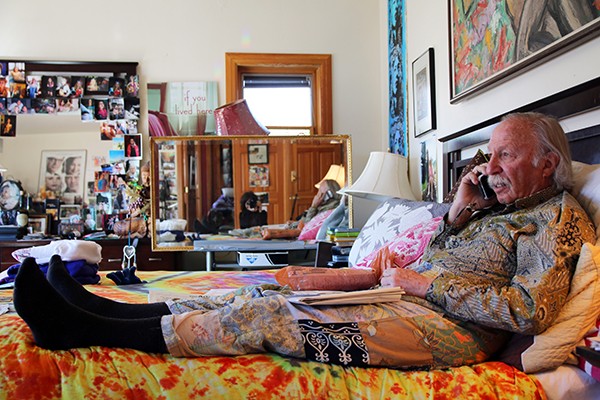
Film About a Father Who
Ira Sachs Sr. had a legendary career as a real estate developer and entrepreneur. He developed one of the first hotels in the ski resort town of Park City, Utah — ironically, now one of the centers of the film universe, as home to the Sundance and Slamdance Film Festivals. An early adopter of mobile phone technology, Sachs is seen early in the film wheeling and dealing while skiing down immaculate powder slopes.
But he was also an unreconstructed member of Memphis’ legendary counterculture. He smoked marijuana religiously and took pride in never venturing out to the square world beyond East Parkway. In the 1970s, he bought a crumbling Victorian home on Adams Avenue in Downtown Memphis for $14,000 and renovated it, at least enough to live in. It’s now the site of Mollie Fontaine Lounge restaurant.
“When my dad lived on Adams [Avenue], he never locked his doors,” says Lynne Sachs. “So when I look back on that, I can say, ‘Whoa, I had this kind of hippie life for part of the week, and isn’t that interesting? And isn’t that different from all the other middle-class kids’ parents?’ But on the other hand, you had no idea who was going to walk in. There was always this ambiguity between being very much a free spirit and being vulnerable and awkward and open to something that you don’t want. … It wasn’t easy to be growing older, but my dad’s girlfriends were always staying the same age.”
In this confessional documentary, Lynne Sachs creates a warts-and-all portrait of a mercurial and ultimately fascinating man. “I would have long periods of time, like a year at a time, where I was scared to make it, or I’d say I’ve had enough, this is exhausting. I had to reckon with that space between rage — which I had plenty of times — and forgiveness, which was part of almost every interaction that my dad and I had. I would go from one extreme to the other. A good photograph has a pure black and a pure white — and then it also has all of those grays in between.”
…
Coming to Africa
Anwar Jamison’s third film bops along to the buoyant groove of high life, the music of contemporary Ghana. Coming to Africa is the result of the Memphis director’s long-standing fascination. He says that all too often Americans see Africa as a place of poverty and war. But the reality is much more complicated.
“It felt silly, how much we buy into the one image of it that we generally see,” he says. “I saw the reactions just from still pictures I would show people. Like, ‘Would you believe this Apple Store is in a mall in Africa?’ People really were surprised like, ‘Oh, I just, I didn’t consider that.’ And that crosses all boundaries of race class. In America, we’ve always been less knowledgeable about foreign countries than they are about us. There’s a certain comfort level we have. We’re Americans. Everybody follows our trends. That makes us lazy when it comes to really understanding other people’s cultures. So I just knew it would be great subject matter for a movie.”
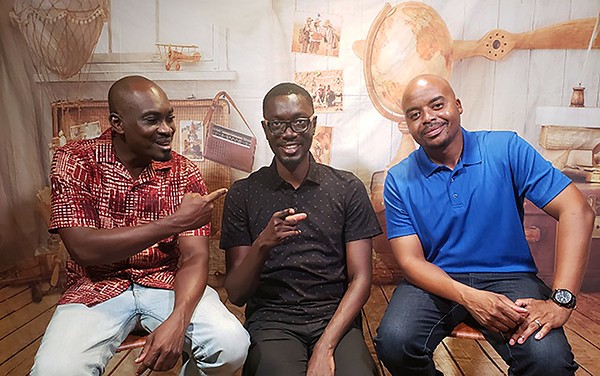
Coming to Africa
Jamison plays Adrian, an ambitious executive climbing the corporate ladder while flitting freely from one girlfriend to another. But when he is passed over for a promotion in favor of a less-qualified white colleague, he quits his high-powered job and joins his brother Adonis, played by poet Powwah Uhuru, on a vacation to Accra, the prosperous capital city of Ghana. There he meets and falls in love with Akosua, played by Nana Ama McBrown, and finds a life richer than mere ambition.
It took Jamison years to put together the bi-continental production, which saw him casting in Memphis and Accra simultaneously. His co-star, McBrown, is “literally the biggest star in Ghana,” he says. “It was amazing, being around her and seeing people’s reactions and how she carries herself. She’s really a superstar. You drive around the city, and every five minutes, she’s going to be on some other billboard.”
Jamison didn’t plan to be McBrown’s co-star. He originally cast a Memphis actor as his lead so he could concentrate on directing and “show up to the set in sweatpants.” But when the crew was already in Ghana, disaster struck. “The lead actor that I had secured for the movie, this guy doesn’t get on the plane two days before we’re shooting! We’re supposed to start shooting on Monday. He’s flying out Saturday morning and he’s given me these fake excuses. Then he sent me a text that said, ‘You’ve been really cool about everything, man. But I think maybe Africa was just too much at this time.’ And that’s when it clicked for me. He’s just scared to come over here. At the last minute he got cold feet. I turned to my producer and said, ‘See? That’s why we’re doing this movie. So people don’t have to feel like that.'”
…
We Can’t Wait
Director Lauren Ready has two Indie Memphis Audience Awards on her shelf: One for 2017’s documentary short “Bike Lee,” and the other for 2018’s “You Must Believe.” She was watching Street Fight, the Academy Award-nominated documentary about now-Senator Cory Booker’s run for mayor of Newark, New Jersey, when she had the idea for her first feature. “I thought, ‘Oh my gosh, we’ve got to capture what’s happening in Memphis!”
Tami Sawyer, the hero of the Take ‘Em Down 901 movement that sparked the removal of Confederate monuments from Memphis public spaces, was running for mayor against popular incumbent Jim Strickland and Willie Herenton, the city’s first Black chief executive. “History is unfolding,” Ready recalled. “Regardless of the outcome of the election, the fact that there’s a Black millennial female running for mayor who just became a County Commissioner a year ago — there’s a story here.”
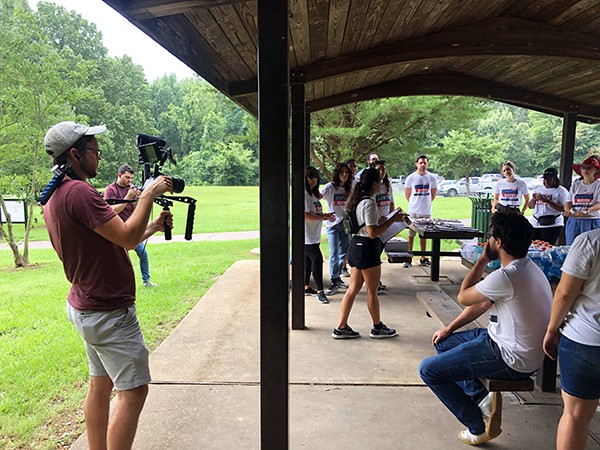
We Can’t Wait
Ready met with Sawyer to negotiate a deal to create We Can’t Wait. “I basically said, ‘In order to capture this, I have to be fair. So I want to make sure that you will give us access to the good, the bad, and the ugly. I can’t just tell this beautiful story, because that’s not how it’s going to go. I had my hopes about how it would come out, from a story perspective. I was hoping that history would unfold in such a way that it’d be like, ‘Wow, we just documented the first Black female mayor!’ But I also knew that that might not be the case.”
Sawyer did not win, but that just might have made We Can’t Wait a richer story. Ready’s cameras offer a fly-on-the-wall view of an insurgent candidate learning hard lessons in real time. Sawyer’s charisma and the depth of her commitment shines through as she battles through a dramatic campaign. “It was a roller coaster,” says Ready. “In the documentary, there’s so much foreshadowing. We didn’t realize as we were capturing it.”
We Can’t Wait is part of a tradition of political cinema vérité that goes back to the 1960 film Primary, capturing John F. Kennedy’s campaign against Hubert Humphrey for the Democratic presidential nomination. Ready credits Sawyer’s bravery for allowing her access. “I’m really grateful that she trusted me and my team to do this, because there were many times where she could have said, ‘Okay, we’re done. Leave. I don’t want this. Turn the camera off.’ She never did any of that.”
Sawyer declined to participate in the editing process, allowing Ready freedom to tell the story as honestly as possible. “It’s a moment in time,” says the director. “It’s what our cameras captured in that moment, as opposed to this very specifically, carefully crafted piece that makes her look a certain way. No, this is what we got. You get to see what we got, and nothing about it is doctored in a way that makes it seem like anything other than what we saw.”
…
I Blame Society
When Gillian Horvat’s 2015 short film “Kiss Kiss Fingerbang” won the Jury Award at South by Southwest, she thought her dream of directing Hollywood feature films was in reach. Winning at a prestigious film festival was sure to open doors. But it didn’t work out that way. She found work creating documentaries on film history, but the real breakthrough eluded her. “I was talking with my producers on another movie, and we were having trouble beating that stigma of being a first-time director, which is much, much stronger for a woman than for a male director.”
Horvat mentioned an old documentary project she had abandoned years before. “I would go around and interview all my friends in very ominous locations, like an empty parking lot or the middle of the forest. I asked them whether they think I would make a good murderer, and they were like, ‘No, that sounds crazy!'”
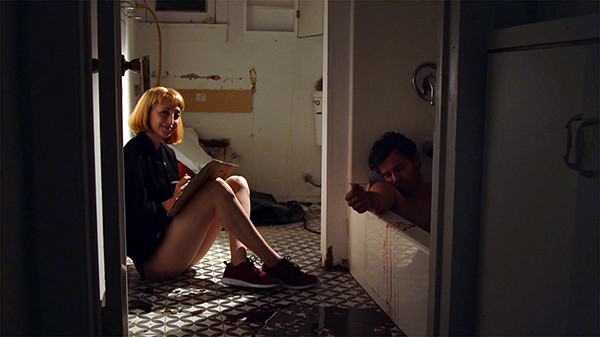
I Blame Society
When she showed them the film, the producers loved it, and I Blame Society was born. The film deftly twists fiction and reality. It’s not quite a mockumentary: funny, but not a full comedy; tense, but not a traditional thriller. Horvat, who wrote, produced, and directed, stars as a stylized version of herself, a struggling filmmaker in Hollywood. Her manic pixie demeanor is a front she developed from being told repeatedly that her female protagonists are “not likable.” Desperate to succeed, she sets out to make a film unlike anything seen before. She self-consciously starts down the path toward homicide, filming her every move with GoPros and iPhones. Her first crime is shoplifting, but once she films herself succeeding at the crime, she returns the items to the store. Then she proceeds to breaking and entering. Once she gets her first taste of murder, she wants more, and her nice-girl routine starts to look more and more like a sociopath’s front. “That’s definitely drawing from life,” Horvat says. “I’m super polite, but I’m full of rage.”
I Blame Society is a masterful black comedy in the tradition of Heathers or Man Bites Dog, drawing laughter and blood in equal measures. There’s also an unmistakable political subtext. “This film is an early, post-#MeToo film. Female filmmakers are now being told that the problem has been fixed. They have a seat at the table, and everybody cares. But in my opinion, very little has changed. Maybe a few toxic people have lost their jobs, but they’ve been replaced by other men who just can watch what they say better and maybe aren’t so handsy.”
Instead of dictating stories with “strong female leads,” Horvat says producers need to empower women to tell their own stories. “I think seeing women on screen who are messier and complicated and make mistakes is going to be a lot more validating, and also is going to make it easier for men and women to work together, because it’s going to turn around these mistaken perceptions.”
…
The Memphis Masters
“It almost feels like a responsibility,” says director Andrew Trent Fleming. “If you can tell stories about your hometown, you kind of have to, because no one else is gonna do it.”
Fleming got his chance to explore a significant chunk of music history when Brandon Seavers, CEO of Memphis Record Pressing, contacted him to produce a series of short documentaries to accompany reissues of Stax classics. The Memphis Masters gets the original players back together to discuss the creation of records such as the Bar-Kays’ Gotta Groove, the Staple Singers’ “If You’re Ready (Come Go With Me),” and Melting Pot by Booker T. & the M.G.’s.
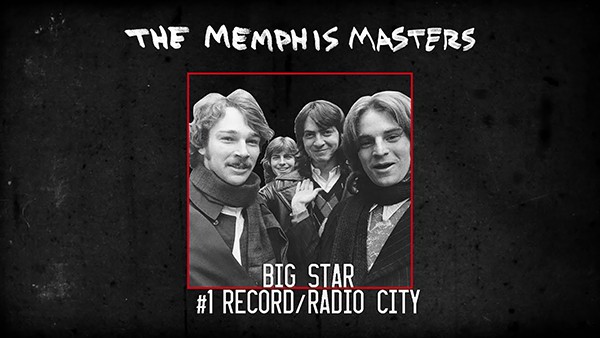
The Memphis Masters
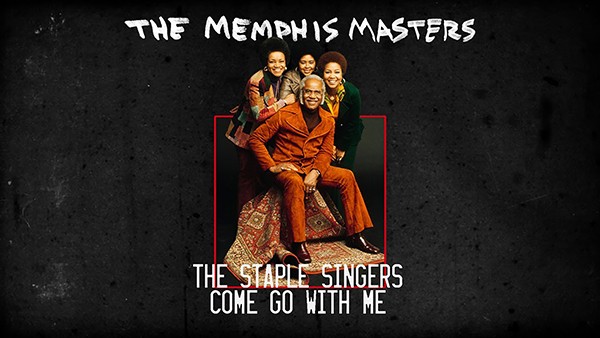
“The project itself is like a dream for a filmmaker like me,” Fleming says. “I’m a huge music fan, and I just love telling music stories. These Memphis artists are heroes of mine. I’ve been hearing about Booker T. since I was a kid. Just getting to sit down with Steve Cropper — I feel really lucky that I even get to do that! I never take it for granted.”
To provide context, Fleming also got some contemporary artists to talk about the impact Stax music had on their lives. “We had Robert Trujillo from Metallica talking about how the Bar-Kays were one of his favorite bands, and why he got into playing music in the first place. He’s a bass player inspired by James Alexander, and that’s just crazy to me! Would you ever think Metallica would be talking about the Bar-Kays? We talked to Mike Mills from R.E.M., who absolutely loves Big Star. We got Walshy Fire from Major Lazer, who talked about Johnnie Taylor’s ‘Who’s Making Love.'”
Shot in a creamy black-and-white, Fleming gives his subjects the respectful treatment they deserve. “I don’t feel like a filmmaker. I feel like a huge fan who gets to sit in the room with the camera. I think the best way to make a documentary is just to try to learn about something.”

